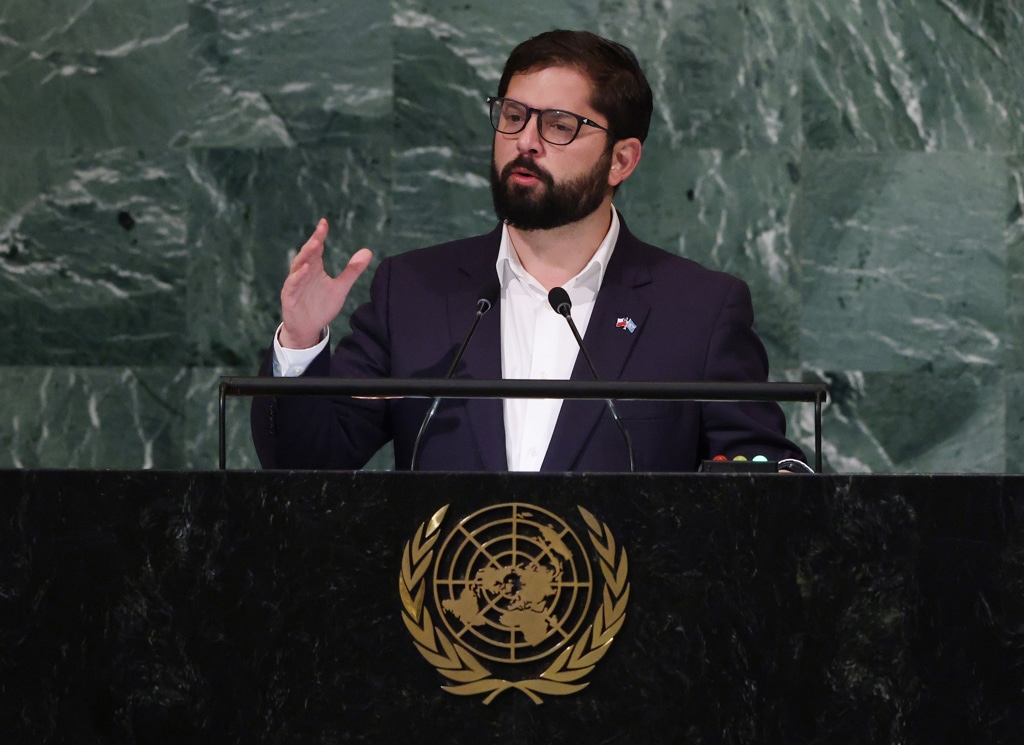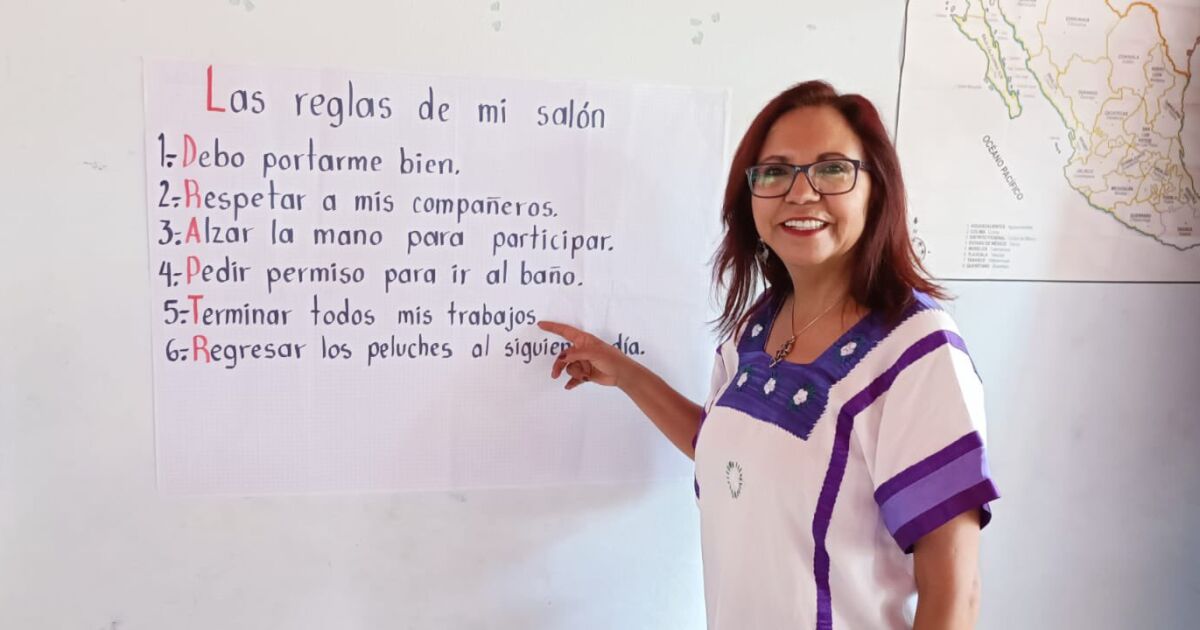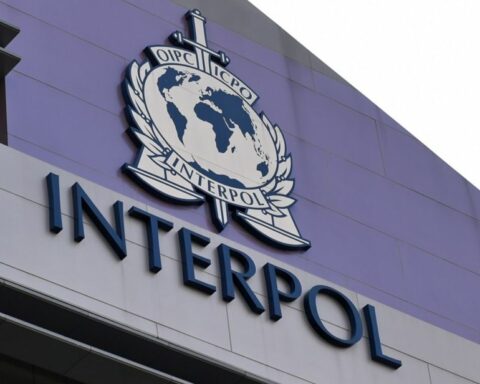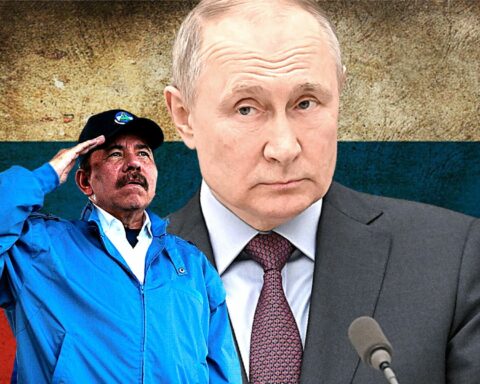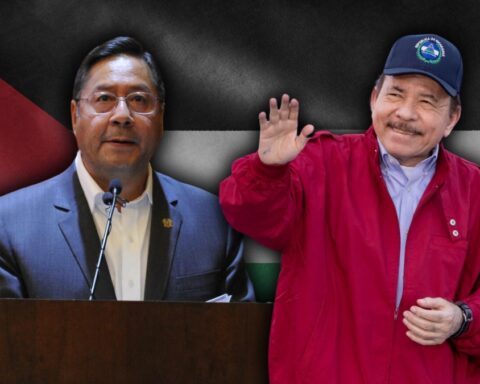With an eye on the voting on October 2 in Brazil, in which there are high chances that Luiz Inacio Lula da Silva return to power, the left continues to gain ground in Latin America. Ten countries in all identify with this political current, but that does not mean more support for the regime of Daniel Ortega in international forums, since it is about lefts of different tenor in which the regime is being isolated, warn political scientists consulted by CONFIDENTIAL.
Unlike Ortega, Miguel Diaz-Canel, in Cuba; Y Nicholas Maduro, In Venezuela; who lead authoritarian regimes whose legitimacy is questioned by the lack of free elections. The Latin American leftists who came to power in recent years did so through democratic elections such as: Andres Manuel Lopez Obradorin Mexico 2018; Albert Fernandez, in Argentina 2019; louis arce, in Bolivia 2020; Pedro Castillo, in Peru 2021; Xiomara Castro, in Honduras 2022; Gabriel Boric, in Chile 2022; Y Gustav Petro, in Colombia 2022.
Most of these leftist governments have shown their rejection of the human rights violations committed by the Ortega regime in Nicaragua and the radicalization of its dictatorial project, further restricting citizen freedoms.
The President Boric recently told the magazine TIME, one of the most important and influential in the US, “I prefer to be able to tell Daniel Ortega that I disagree with him and I want him to release political prisoners —(like) Dora María Téllez— tell him to his face and confront him” . The leftist government of Colombian Gustavo Petro has also advocated the release of political prisoners. Against both, the Ortega regime has responded with attacks and insults.
Lefts of different tenor
The Costa Rican lawyer and political scientist Constantino Urcuyo, academic director of the (non-state) Center for Political-Administrative Research and Training, in Costa Rica, explained that “in Latin America there is not just one left but there are several lefts”, whose differences are very great. There are democratic lefts like the Chilean, others more populist like the case of Mexico and some authoritarian, like the case ofand Cuba, Nicaragua Y Venezuela.
For Urcuyo, although the hegemony of USA (USA) in Latin America “is weakening”, it is unlikely that conforming to a regional bloc like the one led, more than a decade ago, by former Venezuelan President Hugo Chávez (RIP), due to the great differences between the leftist governments. On the contrary, the political scientist values, the old left that exists in Nicaragua and Cuba will be left behind.
“Note that it is a new left,” warns Urcuyo. President Boric “made a clear condemnation of the Nicaraguan regime and I don’t think Gustavo Petro —when he has said that authoritarian socialism is not the order of the day in Colombia but that what matters is democracy and peace— he will agree with a regime like the one in Nicaragua that has murdered its citizens and keeps them imprisoned to its citizens,” he added, referring to the more than 200 political prisoners of the Daniel Ortega regime.
Likewise, President “López Obrador, with his populism, I do not see him supporting or validating human rights violations in Nicaragua. The same Fernández, in Argentina, or Lula if he comes to power”, commented Urcuyo. “I believe that the old Leninist guerrilla left, which is in Nicaragua and Cuba, is going to be isolated from a left that is democratic, modern and concerned about social equality,” he stressed.
Ortega is isolated
The Nicaraguan sociologist, Juan Carlos Gutiérrez, also thinks it is incorrect to “put in a single pocket” all the governments that identify themselves as left, since there are very clear differences between them and “no democratic government, even if it is from the left, would be interested in getting together with a dictatorship,” he pointed out.
In the case of Nicaragua, for example, “Ortega has already removed the mask of responsible populist and has become a dictator with all the letters,” said Gutiérrez. “Whoever gets close to someone who has the vice of being a dictator is going to be classified as such. Therefore, there is no president from the left, except for Maduro and Díaz-Canel who are similar to Ortega, who is going to establish an alliance with Ortega,” he stressed.
For this analyst, the Ortega regime is so internationally isolated that —even— the president of Honduras, Xiomara Castrowho was her protégé during the coup against her husband Manuel Zelaya in 2009, has abstained from voting resolutions condemning human rights violations in Nicaragua.
Given the reconfiguration of the political map of Latin America, the Ortega regime could have “a political opportunity,” according to an analysis by the Center for Transdisciplinary Studies of Central America (CETCAM) published in the Perspectives supplement, since not all leftist governments are going to condemn openly in international forums.
“It is foreseeable that (these progressive governments) will not align themselves with the Ortega regime, nor will they justify their drift towards totalitarianism, but neither will they follow a proactive line of denunciations, condemnations of the repressive situation in Nicaragua and the illegitimate nature of the government. Its foreign policy is likely to be more tolerant than confrontational”, estimates the CETCAM supplement, by the Nicaraguan sociologist Elvira Cuadra.
The CETCAM bulletin considers that the causes of this resurgence of the Latin American left “include the consequences of ultraliberal economic policies that deepened social gaps, the weariness of large sectors of the population, the ideological discourse of traditional leaderships disconnected from the needs and aspirations of the peoples, and the failure of the established institutions to channel popular demands and articulate national consensus”.
The impact in Nicaragua
For the Nicaraguan sociologist, Jose Davilathis reconfiguration of the political map of Latin America does not imply a change in the international policy of those countries towards Nicaragua, since it is a question of a renewed left that seeks the defense and protection of human rights.
“Cuba, Nicaragua Y Venezuela, are an example of this orthodox and repressive left”, warns Dávila. But “it is possible that the new governments that emerge have more respect for human rights in their programs, since they are sacred rights to be respected if we want better societies,” he added.
All these dictatorships of the 21st century “are becoming outdated and stagnant in their repressive doctrines,” says the sociologist. “That is why (President) Boric speaks of the “new Latin American left”, whose success is not guaranteed if they do not adopt the banners of freedom, pluralism, and respect for the human rights of all their citizens,” he added.
On the other hand, the rise of leftist governments in Latin America does not necessarily imply a move towards authoritarianism, as there are authoritarian regimes on both the left and the right.
“Nicaragua is a clear example,” warned Dávila. “A capitalist right-wing government, the Somoza (family) dictatorship, was overthrown and a left-wing socialist government came that also became a left-wing dictatorship, as repressive or more so than the right-wing dictatorship. The social problems in Nicaragua have worsened, the economy has not resurfaced, and the political system is far from being pluralistic and representative, and the country is submerged in a crisis without precedent in its history, Dávila commented.
Furthermore, the dictatorships of Cuba, Venezuela Y Nicaragua they are in decline. The level of repression executed by Ortegathe isolation in which it is and its very debatable legitimacy, valued Dávila, “has given the checkmate to these orthodox and repressive dictatorships.”

